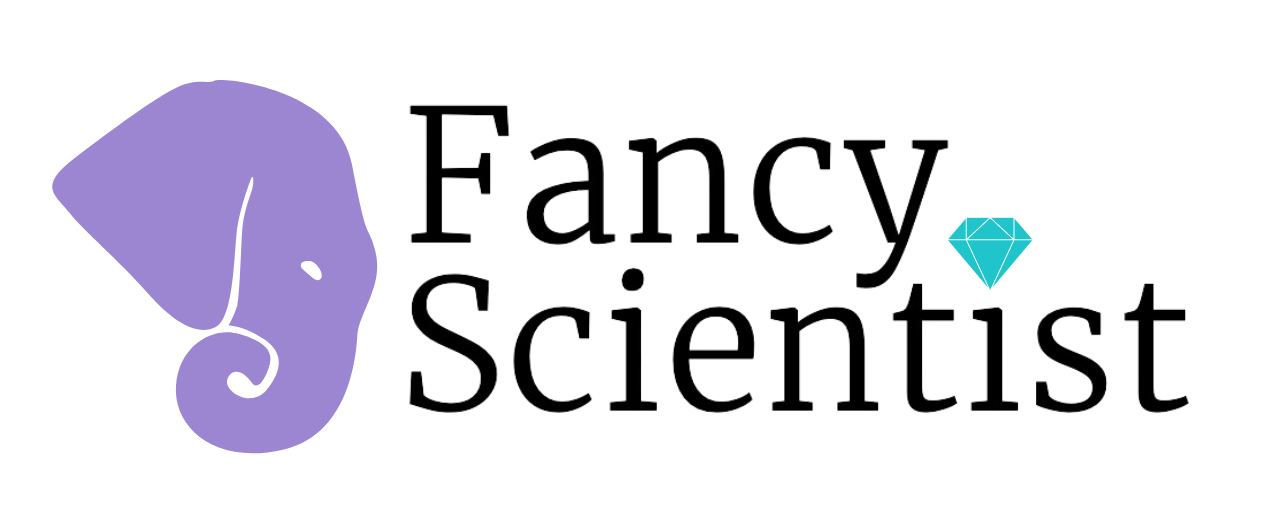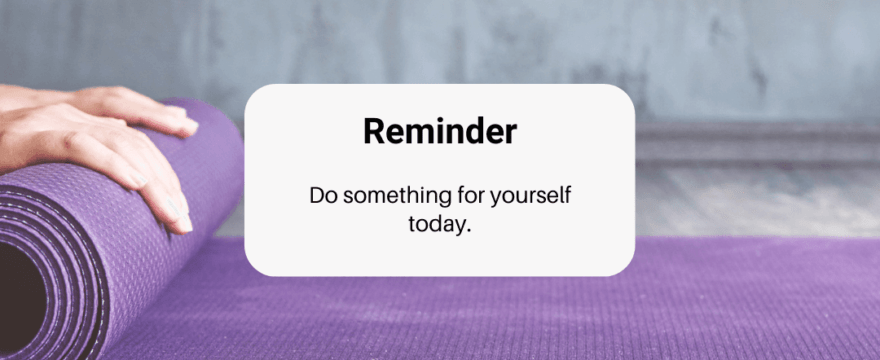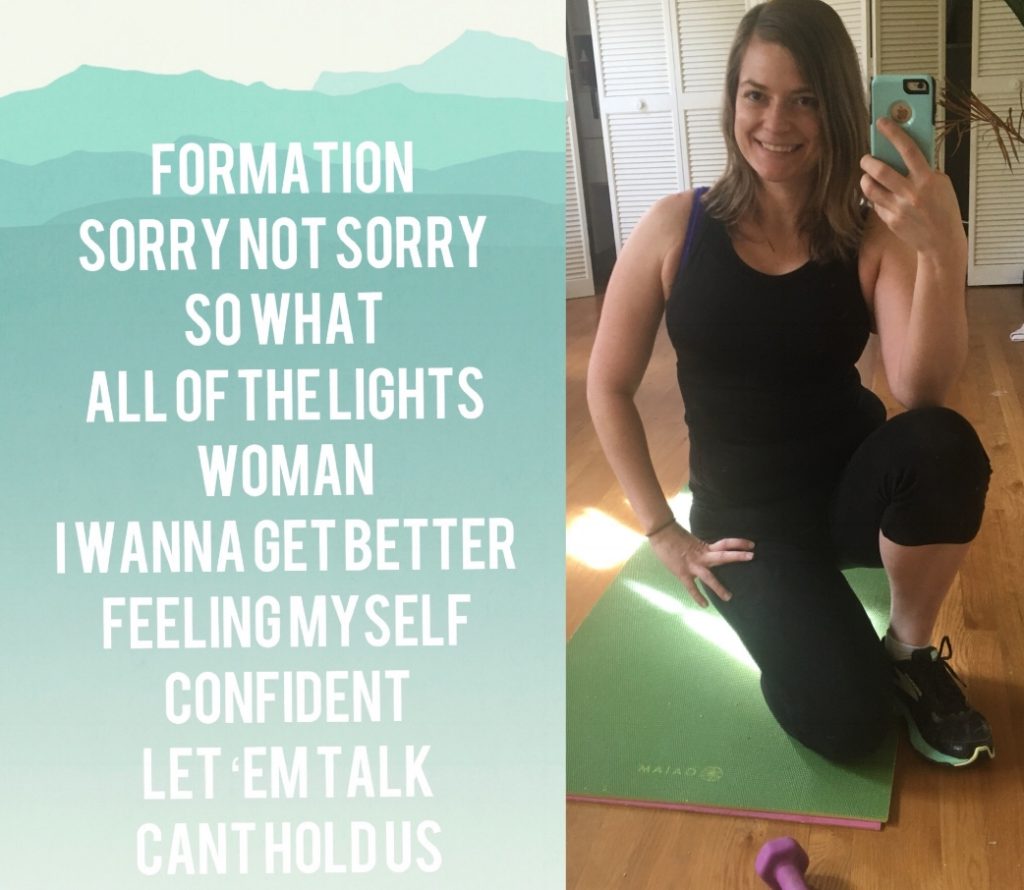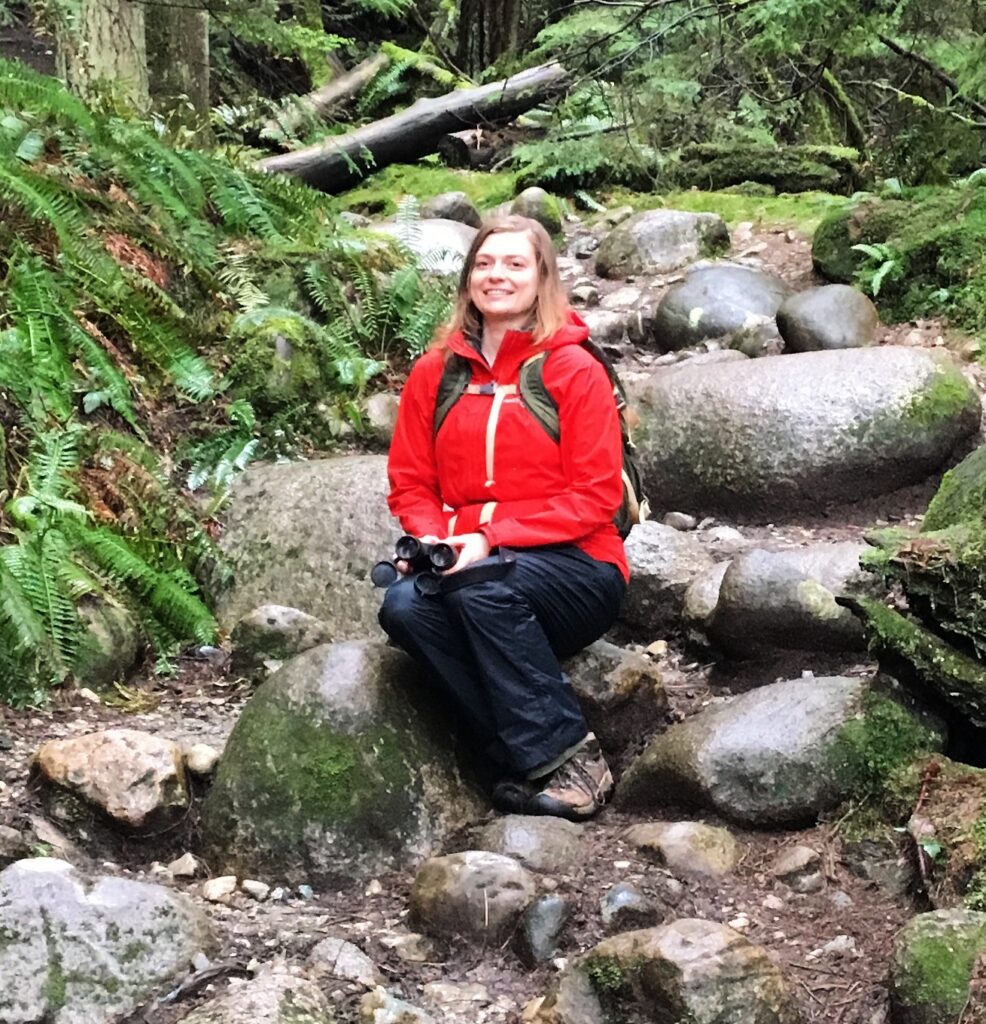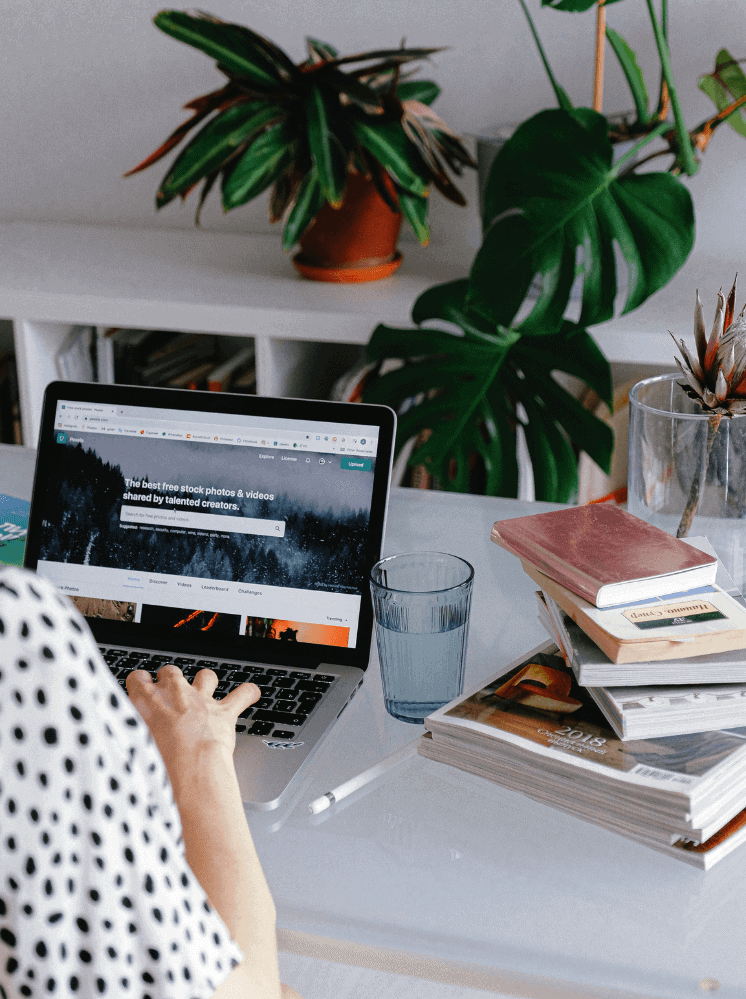Scientists and many other people of different professions are terrible at self-care. Some don’t even know what it means! But self-care is incredibly important. In this post I share my favorite self-care tips for scientists.
It’s a myth that the number of hours you work is directly correlated with productivity. Being “busy” doesn’t mean you are being productive. From my own experience, if I work too long, I just make mistakes, reach a threshold where I am just not getting that much done, and end up burned out.
Self-care is more than just getting massages or splurging on dress you wanted. It’s essential for us to rejuvenate. And sometimes it’s the stuff we don’t want to do.
So let’s get into it. Here are my tips for self-care for scientists:
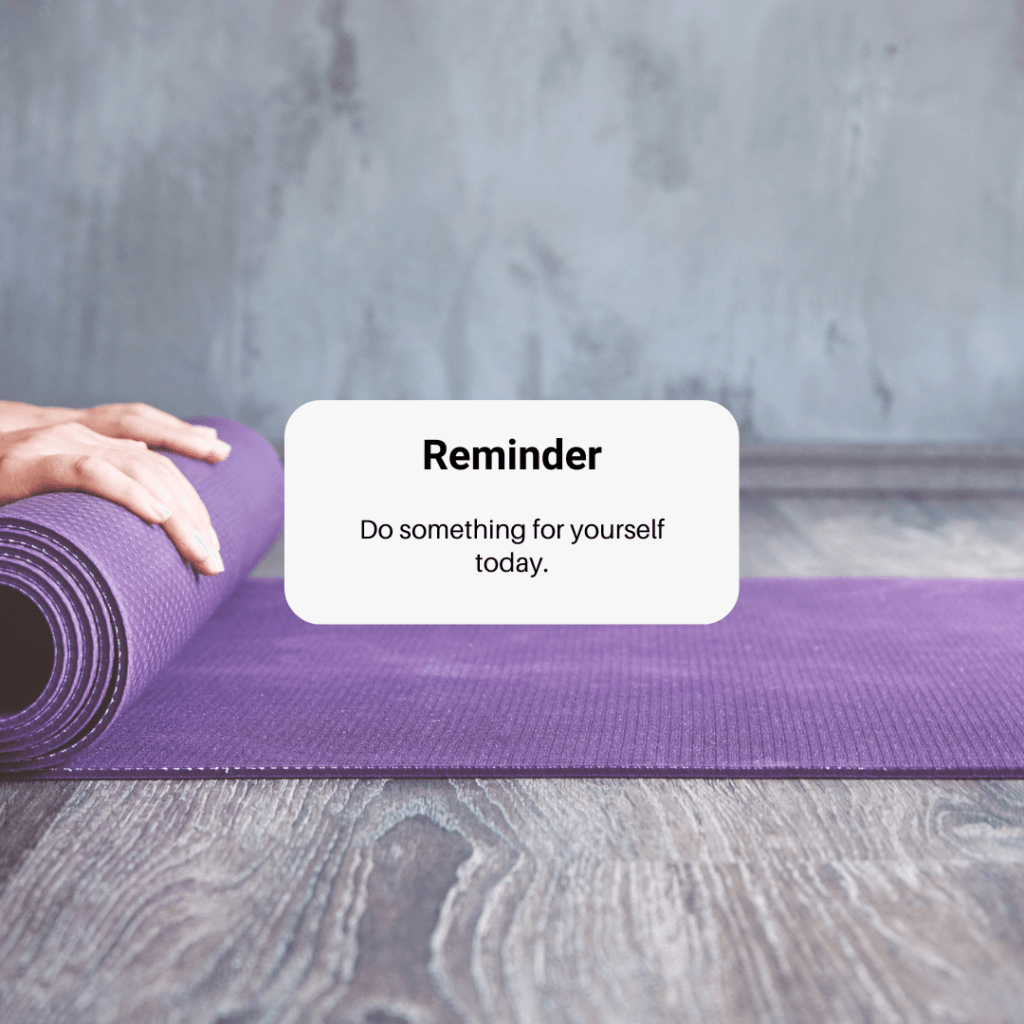
1. Exercise to Boost Your Mood and Keep You Healthy
Exercise is a dealbreaker for me – I have to do it almost every day. You only have one body. You need to take care of it! (Even if it doesn’t always seem fun).
Exercise helps me a lot, and has especially helped me during this pandemic. It releases your endorphins, which improves your mood, is good for stress, and of course makes you stronger and more resilient.
We’ve been in quarantine-like conditions for almost a year now. At first, I was devastated to hear my gym closed. Last year, I got a personal trainer and lost weight and got so much stronger. I slipped my discs in graduate school and he really helped me with my back problems (another reason why you need to take care of your health – I literally got slipped discs from being hunched over a laptop). I was so worried that it was all going to go away.
BUT then I realized many of the workouts my trainer gave me were actually ones without machines – they either used my body weight or simple hand weights (which I had). Or I could figure out how to adapt them at home using weights.
I’ve been exercising consistently at home and it’s really helped me through this crisis. Because I’m home, I’m not moving around as much, so exercise ensures I get some movement in. I’ve been able to maintain my strength, which really helps with my back problems. Most importantly, exercise helps your immune system and your mood, which can certainly help us in this pandemic.
If you haven’t been exercising, give it a try and start small. A walk, some Yoga with Adrienne, or just ten minutes of some weightlifting.
2. Get Out in Nature
Increase the amount of time you spend outside and/or looking outside. Nature has a GIGANTIC impact on our mental health.
I walk my dogs almost every day. When my husband is home from work (he travels a lot) and walks them, I am not getting out in nature. I actually find myself feeling crankier and more negative. Sometimes I even stop myself and ask why I am so moody. I then realize it’s because I haven’t been outside.
This is not an accident. There’s a lot of research to show that getting out in nature reduces depression and other mental health issues. I love this episode of Hidden Brain that summarizes a lot of the benefits.
3. Get in the Present Moment with Bird-Watching
Do something that takes you and keeps you in the present moment.
This past week I woke up and I felt overwhelmed and stressed. Outside my window, I heard birds in my backyard creating quite the ruckus. From my bedroom window, I had a fantastic view of several different species sitting on a busy part on a large open branch. Rather than jump into my work, I grabbed my binoculars and bird book and started watching.
I love to bird watch when I travel, but I rarely do it at home because I get so caught up with doing all of the things. But it was so nice to just take a pause from life and notice the lives of the birds in my backyard.
My favorite thing to do is ID birds and especially finding a new species. Although I didn’t find a new species, I did have a new one for our backyard.
Birdwatching is simple, relaxing, and you can really do it from anywhere. Yesterday, I went out on my deck and saw a cardinal that just started to fledge. Give it a try today.
For more on birdwatching, listen to ornithologist Lauren Pharr on the Fancy Scientist Podcast Episode #8.
4. Make Yourself Laugh
2020 has been awful for most people, and if you are anything like me, you can get into a routine or rut.
I tend to be such a hardworker too that I become work-obsessed and just work more. Crazy, right?
This week, I rewatched my favorite standup comic, Jim Gaffigan (of Hot Pockets fame). I was laughing so hard I was crying. It felt so good. This week, take some time to watch something super silly or funny and just laugh it all out.
5. Meditate
Meditation has so many mental health benefits and during these hard times, we really need moments of calm, peace, and forgiveness.
Meditation is something that is something that is still challenging for me – I am not innately drawn to it. Honestly, it seems like it is really boring. And at first it may feel like it is, but stick to it and it’s worth it. Just like when I skip my nature walks, when I skip meditation, I find myself getting super cranky and impatient.
If you find yourself having a hard time, try a guided meditation. I actually do something a little different than meditation – I do Tony Robbins’ priming. It’s like a guided meditation and it takes you exercises of gratitude, healing, and visualizations.
6. Sleep
In American culture, people downplay sleep and often brag about how little sleep they get. It almost becomes a competition with how busy we are. If you get lots of sleep, that must mean you are not busy, and therefore not important.
But nothing could be further from the truth! I make sure to get sleep because I am important. If I don’t get enough sleep, I can’t perform my best. And I shouldn’t feel bad about it if I need some extra some times. Time to change the narrative.
Also, if you are struggling with something, maybe all you need is sleep to solve your problem – for real! I took this dance class and I was shocked at how much better I was from week to week in remembering the dance even though I didn’t practice much. I heard a famous pianist say something similar. That when she struggled with a song, she simply went to sleep, and the next day she frequently was able to get it.
7. Pay Attention to Your Pains
When I was in graduate school, I was so worried about making progress that sometimes I ignored serious pains from my body. Now one of them is back.
As I mentioned before, almost ten years ago now, I slipped my disc. Yup. I slipped my disc from doing nothing but sitting hunched over. I thought you had to be a mover or a body builder to do this, but my poor posture lead to back problems.
Since then, I went through physical therapy, but it is something I have to constantly commit to – every day. When I get busy, it’s easy to not make these exercises a priority, but it’s like everything in life. If you don’t pay attention to it, it will come up in a big way.
I haven’t been foam rolling like I need to and my pelvis is super titled that I know I am standing crooked. I am so grateful that I can get the help I need to fix it in a day and that it wasn’t as bad as it was before. But it’s a reminder I need to slow down and constantly take care of my body. Nothing is more important!
8. Plan Your Day and Block Things Out
This tip is so important for us now as so many of us are working from home! Create a real schedule for yourself. I do this every single day.
Now that I am working from home 100% of the time aside from the pandemic, I still plan my days for work time. I still keep a schedule and wake up at the same time every day during the week and give myself some time to sleep in a little on the weekends.
After I do my Tony Robbins priming in the morning, I block out my whole day. I don’t always follow it 100% (things usually take longer), but it really helps me make progress. I used this method along with the Best Self Planner to write my book.
In your schedule, make sure you end your day at a certain time so you aren’t working all the time. I am TERRIBLE at this, but I do definitely take breaks during the day. this is something I want to get better at for this new year.
9. Journal
This is something I was doing regularly, but then dropped it. Now I started it up again. Whenever I do it, I feel SO good, but I frequently put it off because I feel like it’s not important compared to other things.
Journaling helps me figure any problems I am having and allows me to channel my intuition. It forces me to slow down and reflect on what’s truly important to me.
Studies show that gratitude journals contribute to happiness. In my Best Self planner, I write 3 things I am grateful for every morning and evening. (Pro tip – write them as “Thank you for ….” It makes you feel the good feelings more).
10. Celebrate
I know there is a lot of bad news out there, but you can still celebrate the good things that are going on in your life. In fact, it’s the small moments that really matter in our lives. If we don’t celebrate the wins we have – no matter how big or small, our goals become empty when we achieve them and we just move on to the next thing.
My family is terrible at celebrating so it took me a long time to learn how to celebrate. I know how to celebrate with food and drinks or buying yourself a gift, but I wanted something healthier an free.
I now give myself time off and do things guilt-free. After I attended Tony Robbins’ Unleash the Power Within even this year, I also learned you can celebrate just buy turning on some great music and having a dance party with yourself. I for real do this! I do dance with my dogs though and not just myself 🙂
11. Take a Social Media (or Electronics) Day Off
Often I go to Twitter or Facebook to check one thing and then ten minutes later I find myself aimlessly scrolling and I forgot to do that one thing. While social media can be fun, it can also be a gigantic time suck, and bring you down too.
So many people compare their lives to the lives of others on social media. They don’t feel that they are good enough or that their life is as exciting. Remember this is a snapshot of the highlights reel and a lot of it isn’t even real – it’s staged.
On Twitter, I’ve been feeling like things are so negative lately. Frequently people are focusing on what’s wrong and spewing negativity. I’ve been going on social media less and less and it has been making me feel better.
See if you can take a social media day or weekend off. I was forced to do this when I went to Borneo last year due to no Internet in the field and it was awesome. I took off from all electronics that week – TV included. It felt so good to be disconnected. Give it a try at home too.
12. Choose Healthy Foods
When most people think about self care, they tend to think of massages and bubble baths, but eating healthier is one of the most important things you can do to take care of yourself.
It’s can be hard to change eating habits because eating healthy is often associated with dieting and depriving yourself. It puts you in the scarcity mindset. But I learned something from fitness trainer Natalie Jill that really helped me – focus on adding more of the good stuff instead of focusing on what you can’t have (or shouldn’t have).
When you add more good stuff, you naturally make less room for the stuff that maybe tastes good, but doesn’t make you feel good. I started doing this tip by just focusing on water. When I wake up, I start with at least half a liter.
Now I am focusing on adding more whole vegetables and fruits. I don’t deprive myself anything (I had Christmas cookies tonight for dessert), but I started eating vegetables like celery and broccoli before I even begin my meal.
13. Say NO!
As a recovering people pleaser, I used to have a really hard time saying no to people. But saying no is a good thing for you. Time is a finite resource and everything you say yes to is taking away time from other things you prioritize.
Saying no is one of the best ways you can reclaim your self care time. You don’t owe anyone an explanation either or ask if it is okay. In fact, I give you permission to say no to someone or something today.
Having a hard time deciding if you should say yes or no to something? Ask yourself this – is your response to the question “hell yes!”? If it is, then do it. If not, it’s a no.
Want to listen to these tips and here me go into more detail? Check out my podcast episode on Self-Care for Scientists.
Powered by RedCircle
Love this post? Share it with friends!
